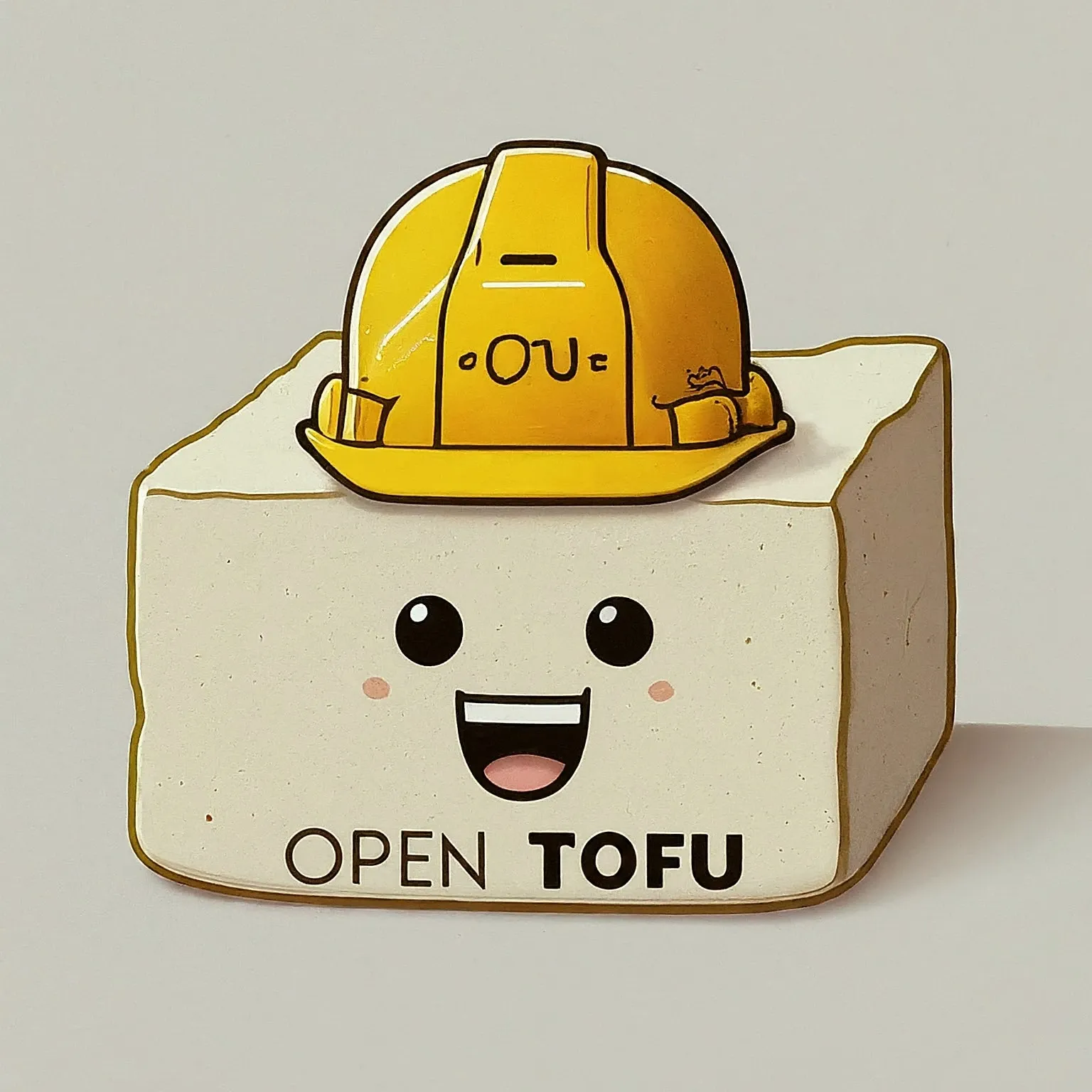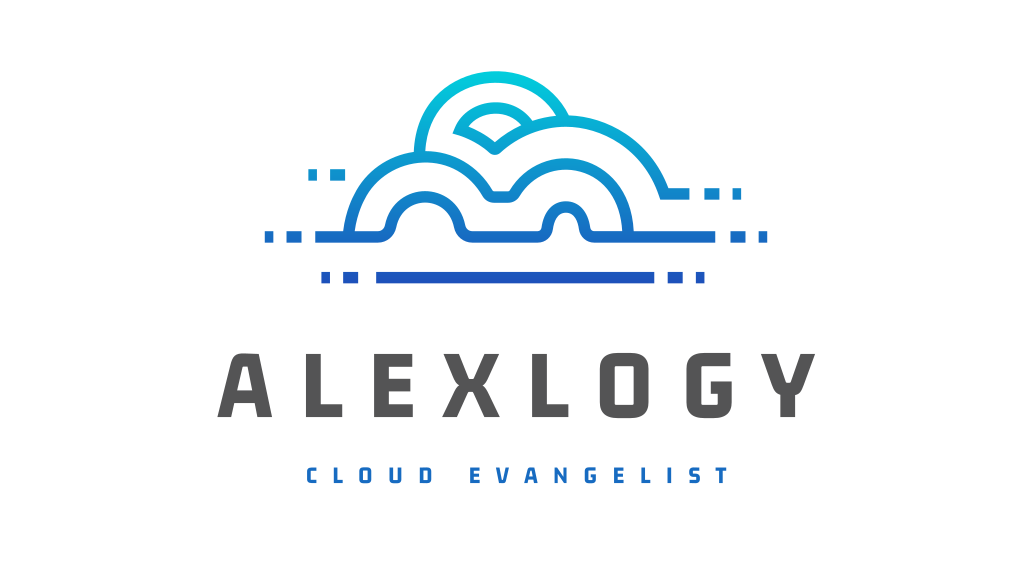The world of infrastructure as code (IaC) witnessed a significant shift in August 2023 when HashiCorp, the company behind the popular Terraform tool, announced a license change. Terraform, previously open-source under the MPLv2 license, transitioned to the Business Source License (BSL) v1.1. This change restricted how companies could commercially use Terraform, particularly when competing with HashiCorp's own products.
This decision sent shockwaves through the developer community. Many users, concerned about the implications of the new license, rallied for an alternative. The response was swift and decisive. A group of companies, including Gruntwork, Spacelift, Harness, Env0, Scalr, and others, came together to create OpenToFu.

OpenToFu is a direct fork of Terraform, aiming to preserve the open-source nature of the tool. It maintains core Terraform functionalities while being governed by the well-respected Linux Foundation. This ensures continued community-driven development and a license (Apache-2.0) that fosters collaboration and transparency.
Why OpenToFu?
The transition to BSL raised concerns about several key aspects:
- Vendor Lock-In: The new license restricted how companies could build products or services that compete with HashiCorp's offerings. This could potentially limit innovation within the IaC landscape.
- Uncertain Future: The BSL being a non-open-source license, the future development roadmap and potential changes for Terraform became unclear.
- Community Control: With a shift from an open-source license, the control over the project's direction would potentially move away from the developer community.
OpenToFu addresses these concerns by providing a truly open-source alternative to Terraform. Users can leverage the familiarity and functionality of Terraform with the added benefits of:
- Open Governance: The Linux Foundation's stewardship ensures a neutral and community-driven development process.
- Transparent Licensing: The Apache-2.0 license empowers users with greater flexibility and control over how they use and contribute to the project.
- Long-Term Sustainability: The commitment to open-source development fosters a vibrant community that can contribute to the project's continuous improvement.
The Functional Difference: It's All About the License
At its core, OpenToFu and Terraform offer nearly identical functionality. Both tools use HashiCorp Configuration Language (HCL) for writing infrastructure configurations and interact with various cloud providers and infrastructure platforms. For users familiar with Terraform, switching to OpenToFu requires minimal learning overhead.
The critical difference lies in the licensing approach. Terraform's BSL license imposes restrictions on commercial usage, potentially impacting businesses that offer IaC-related services. OpenToFu's Apache-2.0 license provides greater freedom and transparency, allowing for unrestricted commercial use and contribution to the project's development.
What Does This Mean for DevOps?
The Terraform license change has significant implications for DevOps professionals:
- Evaluation and Planning: DevOps teams need to evaluate their current IaC practices and tools. If they heavily rely on Terraform and have concerns about the BSL, exploring OpenToFu or other open-source IaC alternatives becomes crucial.
- Potential Migration: Migrating existing Terraform configurations to OpenToFu might be necessary for some teams. While the core functionality is similar, there could be minor adjustments required due to potential future divergences between the two codebases.
- Skill Development: DevOps professionals may need to invest time in familiarizing themselves with the OpenToFu project and any potential differences in its development or community compared to Terraform.
- Long-Term Strategy: Choosing between Terraform and OpenToFu requires careful consideration of factors like vendor lock-in concerns, community support, and the long-term roadmap of each project.
Overall, the emergence of OpenToFu presents DevOps teams with a choice. They can continue using Terraform under the new BSL license or embrace OpenToFu's open-source approach. This decision will depend on individual priorities, risk tolerance, and the specific needs of their organization.
The Road Ahead
The future of IaC remains to be seen. While Terraform holds a dominant position, OpenToFu presents a compelling open-source option. Here's what users can expect:
- Continued Development: OpenToFu is actively being developed, aiming to maintain feature parity with Terraform and potentially introduce new innovations. The open-source nature allows for contributions from the community, fostering faster development and potential advancements beyond Terraform's current capabilities.
- Growing Community: As the project gains traction, a robust community of developers and users will emerge. This community will provide valuable support, share best practices, and contribute to the ongoing development of OpenToFu. Collaboration within the OpenToFu community can lead to the creation of additional tools and integrations, further enriching the IaC ecosystem.
- Healthy Competition: A healthy competition between OpenToFu and Terraform can benefit the entire IaC landscape. It can drive innovation, as both projects strive to offer the best possible features and functionality to users. This competition can also lead to improved documentation, tutorials, and learning resources for both platforms. Ultimately, users will have greater choice and flexibility when selecting an IaC tool that best suits their needs.
Choosing the Right Path
The decision to choose between Terraform and OpenToFu depends on individual needs and priorities. Here are some key considerations:
- Existing Investment: If you have a significant investment in Terraform code and configurations, the migration effort to OpenToFu might be a factor to consider. However, the similarity between the two tools can potentially minimize migration complexity.
- Long-Term Vision: For organizations that value open-source principles and transparency, OpenToFu's Apache-2.0 license offers a clear advantage. It ensures greater control over the tool's future and avoids potential vendor lock-in concerns associated with Terraform's BSL license.
- Community Support: While Terraform has a larger established community, OpenToFu's community is rapidly growing. The backing of the Linux Foundation and the involvement of major industry players suggest that OpenToFu will have a strong and supportive community in the long run.
Ultimately, both Terraform and OpenToFu are powerful IaC tools. Evaluating your specific requirements, risk tolerance, and long-term vision will guide you in selecting the right platform for your DevOps practices. The emergence of OpenToFu signifies a positive step forward for the IaC landscape, fostering innovation, competition, and user choice.
